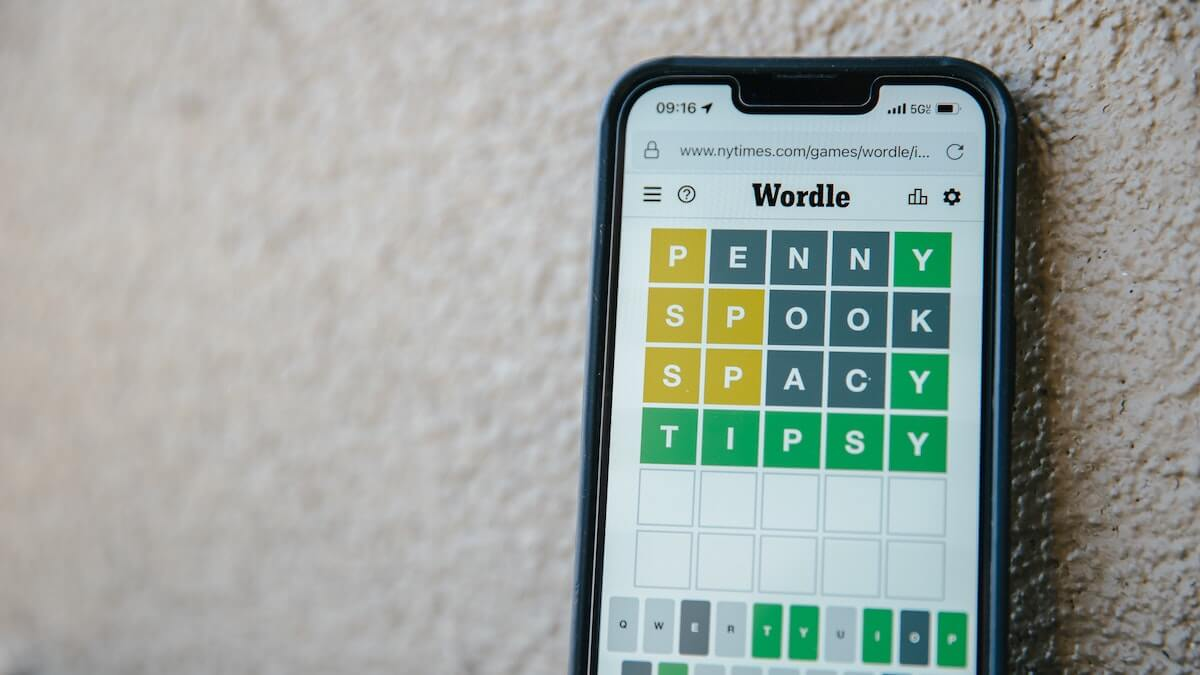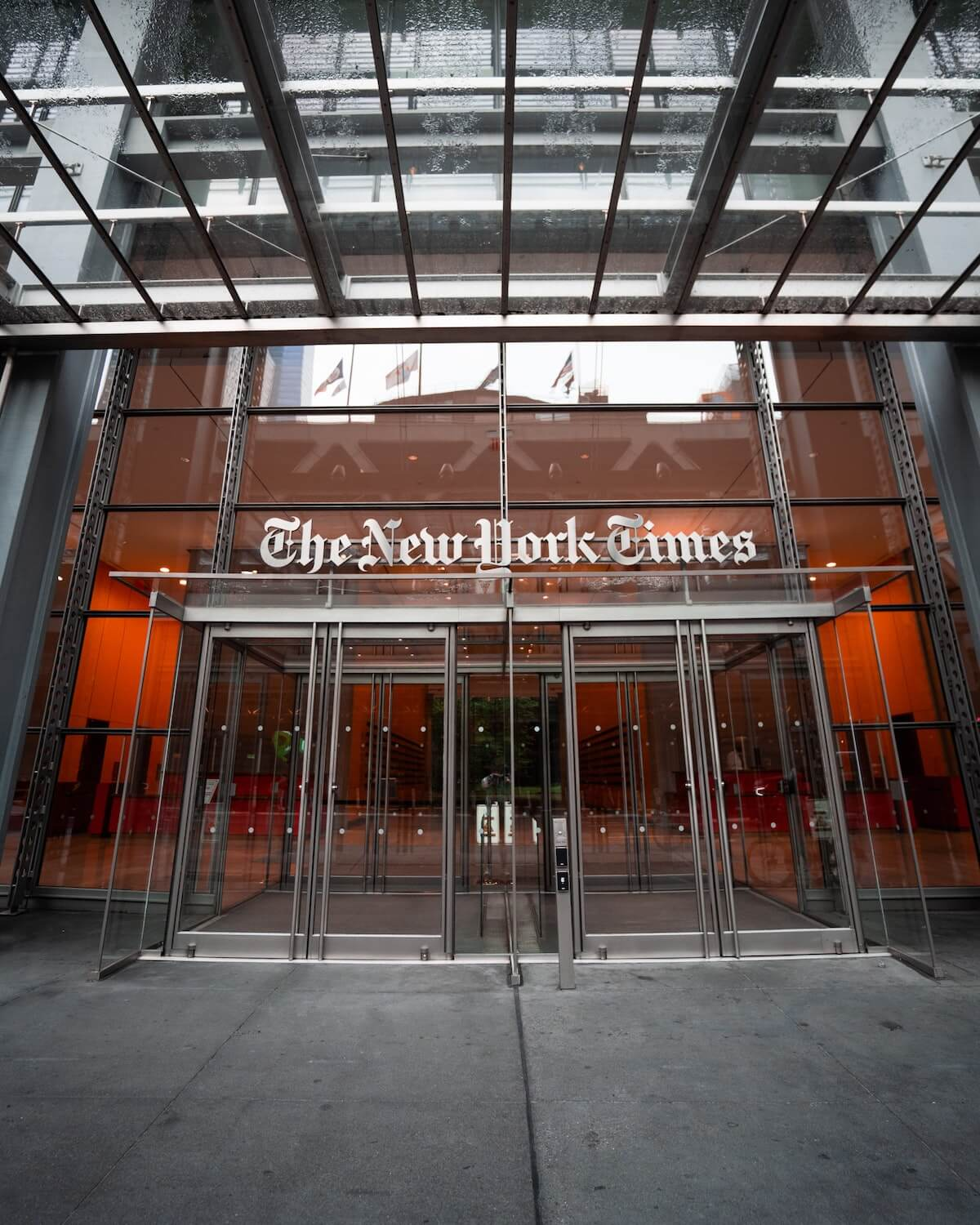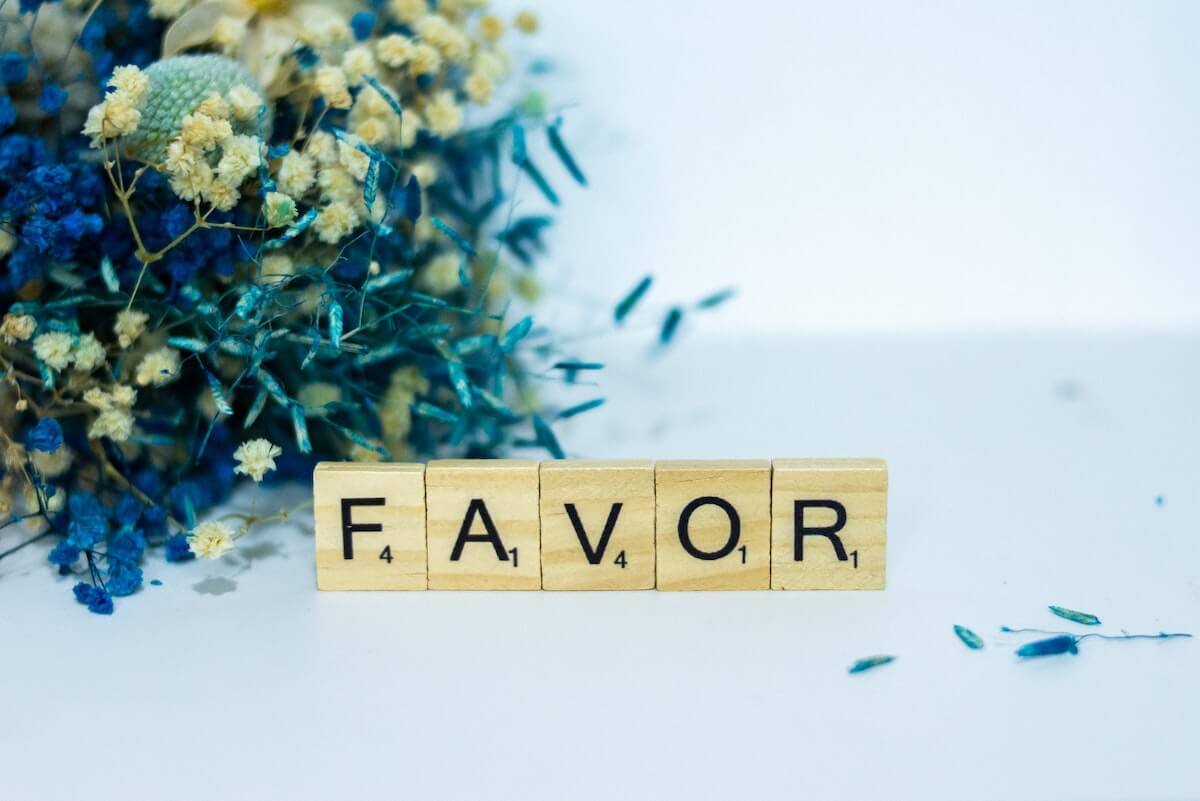Have you heard of Wordle? If not, where have you been for the past eight months?
This simple word game has been played by millions of people across the world in 2022 and – in the UK at least – some of the word choices have caused rumblings among its players, with the solutions to the puzzle using spellings that they don’t recognise. This makes them harder to guess.
So, we’re taking a closer look at Wordle to consider whether the spelling is US or UK English.
The basics
For those people not in the know, Wordle is a disarmingly simple and sometimes mind-boggling word game where players have to guess a five-letter word.
There is just a single word to guess, which changes every day, and you get six tries. After each try, the letters in the word change to show you how close your guess was to the correct answer.

Photo by Nils Huenerfuerst on Unsplash
The background
Wordle was created and developed by a Welsh software engineer called Josh Wardle (like Wordle – get it?). Although the idea was born in around 2013, the version of the game used by millions of players today was launched in January 2021.
Its popularity grew gradually until late 2021, when it went viral on Twitter. The number of daily users jumped from 90 on 1 November 2021 to 2 million on 9 January 2022. Incredible, huh? At the end of January, The New York Times acquired the game from Josh Wardle and Wordle now (as of August 2022) lives on The New York Times‘s website.

Photo by Spenser Sembrat on Unsplash
Does Wordle use American spellings or British English spellings?
In brief: Wordle’s five-letter word of the day is largely based on American spelling conventions and American vocabulary.
But why? Because Josh Wardle, who made the game, created a list of 2,315 possible American English answers. Although he is Welsh, and therefore presumably learned British English growing up, he is a long-term resident of Brooklyn, New York.
When he developed Wordle, he was living in the US. What’s more, he developed the word list with his partner, Palak Shah, who is a US citizen. So it’s not a surprise that Wordle is a game that uses American spellings.
How can you tell that Wordle uses American spelling?
There are a couple of giveaway five-letter words that caused a riot on social media when they appeared in Wordle, with UK players complaining that they were at a disadvantage because those words were more difficult for them to guess due to their use of American spelling conventions.
Two of them follow a similar spelling pattern:
FAVOR (compared to the UK English FAVOUR), from Wordle #207, 12 Jan 2022
HUMOR (compared to the UK English HUMOUR), from Wordle #235, 9 Feb 2022

Photo by Alex Shute on Unsplash
This is a very common spelling convention in US English, apparently introduced by lexicographer Noah Webster in 1828 in his patriotically titled An American Dictionary of the English Language (which eventually evolved into today’s Merriam-Webster). For Webster, not only was this new American spelling approach more logical and phonetic, it also emphasised the USA’s independence, distancing the country from its history of British rule.
Other game words have been deemed controversial because they are not typically used in the UK, such as HOMER (from Wordle #320, 5 May 2022). Of course, many British people have heard of Homer the poet (and Homer Simpson!), but proper nouns do not feature in Wordle’s word list. That means that in this case ‘Homer’ refers to a home run – a term from baseball, which is a game is not commonly played in the UK.
Are there any exceptions?
Of course! On the flip side, words that are unfamiliar to American English players have also featured in the game. One example is BLOKE (from Wordle #250, 24 Feb 2022), a term few state-side players would use, but which British English speakers would easily recognise as an informal term for a man.

Photo by freestocks on Unsplash
Any tips for how to guess the next five-letter word?
Shortly after acquiring Wordle, The New York Times edited the word list, mostly to remove words that the newspaper’s editors considered insensitive. They did, however, also prune out FIBRE, the UK spelling of FIBER, so it’s probably safe to assume that, if you want to bag a top score when you’re playing the game, you need to try and think – and spell! – like an American.
If you want to understand the finer details of American and British spelling, check out our post on British vs American English, or if you’re writing content for an audience in either dialect and want an expert pair of eyes, you might be interested in our copyediting or proofreading services.


